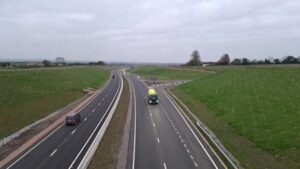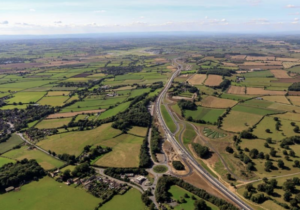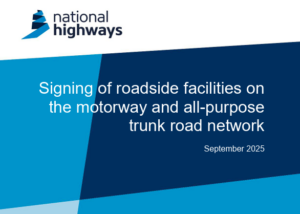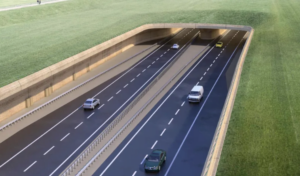A High Court judge has quashed Highways England’s development consent order for Highways England’s £1.7bn A303 tunnel near Stonehenge.
Mr Justice Holgate has ruled the Transport Secretary Grant Shapps had not received a sufficient briefing on the scheme’s heritage impact near the Stonehenge site. He also failed to consider alternative proposals for the tunnel, including one to extend it further westwards, added Mr Holgate.
Mr Shapps gave the go-ahead to the DCO in November, an approval that is needed for any large infrastructure project deemed to be nationally significant. The transport secretary will now have to reconsider the DCO, said a Construction News report.
The Planning Inspectorate had recommended rejecting the plans due to the effect of construction work and operation of the scheme on agricultural land in the area, as well as the effect on air quality and emissions.
The Save Stonehenge World Heritage Site group, an umbrella body of other organisations including the British Archaeological Trust and Friends of the Earth, challenged the DCO approval.
The DCO approval was challenged on nine different points. Seven of these, including whether the minister has misunderstood Historic England’s advice and whether the approval breached articles of the World Heritage Convention, were dismissed by the judge, according to the report.
Justice Holgate’s decision to quash the DCO was based on two points. The first was his judgement that the minister had not been properly briefed on the project’s “impacts on heritage assets” and therefore could not have considered them when making his decision to approve the DCO. The second strike against the project was that alternative plans for the tunnel had not been assessed.
Two alternative options for the scheme had been proposed. The first was to cover approximately 800 metres of the road cutting near the World Heritage Site, and the second was to extend the bored tunnel so that the two portals were located outside the western boundary of the WHS.
Highways England acting chief executive Nick Harris said the agency would now wait to hear the transport secretary’s decision over the project’s future. “We still believe our project is the best solution to the ongoing issues along the A303 past Stonehenge and was developed after a long and extensive collaboration with our key stakeholders,” he added.
Work on site was expected to start in 2022 and be completed by 2027. The main contractor will then take responsibility for a five-year maintenance period.
























